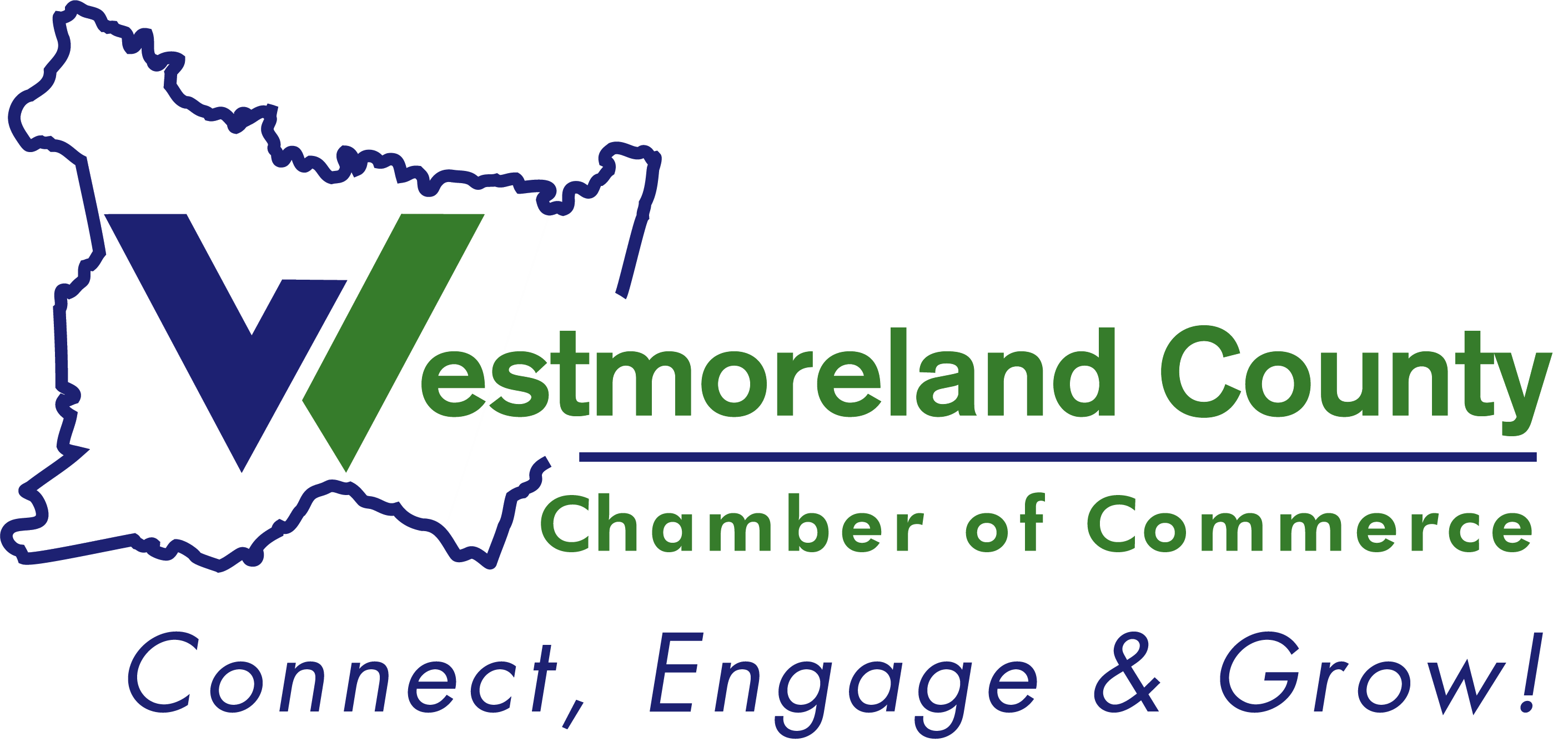
July 12, 2023
lindsay@westmorelandchamber.com
Every business wants to hire the brightest and best employees. But how do we make sure we find them? Expanding the diversity, equity, and inclusion (DEI) of your workforce might not seem like the direct answer. But, in an increasingly diverse general population, studies have shown it’s critical to future success of attracting and retaining the best talent. For younger job seekers, DEI isn’t a preference, it’s a requirement. So, below we cover some of the best practices for improving DEI in place with other small businesses around the country.
DEI Importance for All Sectors
The U.S. Chamber of Commerce has clear data: commitment to DEI increases productivity and attracts more job hunters. They interviewed small business owners from Hawaii to Virginia, across industries from food service to health and beauty.
Their takeaway message? DEI initiatives have to start at the top. Leaders must prioritize these initiatives if they want a positive culture that fosters opportunities to grow. But what does that even mean?
Open Communication
Business leaders need to listen to their employees and their customers, and genuinely care about everyone’s perspectives. Sometimes, that means stepping into uncomfortable discussions. Leaders who listen don’t always need to solve a problem, but they do need to ensure their team feels heard.
Audit Your Current Status
Take a look at your employees’ salaries and benefits. Do all your employees have equal footing, with equal opportunities for growth? Do all employees benefit equally from tips or bonuses? How (if at all) are you measuring these numbers? Address any discrepancies that currently exist to ensure fair pay and benefits. Then create policies to make sure new employees get started on equal footing.
Reduce Bias at the Front Gate
Shifting the ways you advertise a job and interview candidates can directly impact increased diversity on your staff. Something as simple as clearly outlining your salary range, for instance, gives all candidates an idea of what to expect.
As you write your job descriptions, think carefully about requirements for education, skills, or experience. Have you included any unreasonable benchmarks that would exclude potential shining stars on your team? When you bring in candidates, do you use an interview structure that ensures all candidates have the same questions? Do they all talk to the same team members?
Watch Your Language
The way you talk about your work matters. LinkedIn developed an inclusive language pocket guide to help businesses update their language so that nobody feels left out unnecessarily. For example, businesses can easily switch references from “salesmen” to “sales team” or “sales reps.” (Google will offer to autocorrect that for you.) The guide also looks at more subtle uses of language, like “blacklisted,” when you really meant “denied” or “blocked.”
Connect with Community
Building relationships with community groups who focus on diverse identities can help you build up your pool of potential employees. Look for local organizations that focus on women or BIPOC (black, indigenous, people of color) and build a relationship with them. Attend their diversity-focused conferences or virtual events.
Hire An Expert
Once you establish the importance of improvising DEI in your workplace, where do you begin? Fortunately, lots of great resources exist to help!
Google has put together a free online resource: a toolkit for Building Inclusive Teams. You’ll find everything from how-to videos to suggestions for where to look for candidates.
Locally, the Westmoreland Diversity Coalition can provide general information about best practices. They can also bring a consultant to your workplace to talk about ways your specific business can make changes.
Diversity means more than just gender identity or skin color. Western Pennsylvania communities include people of all physical abilities, religions, ethnicities, ages, financial backgrounds, and more. For the future success of your business and the region itself, we invite you to build a place for everyone at your table.
The Chamber holds a number of lunch-and-learn workshops and seminars throughout the year and has recently established a DEI Committee. To register for an upcoming event or learn more, visit our website.
potential shining stars on your team? When you bring in candidates, do you use an interview structure that ensures all candidates have the same questions? Do they all talk to the same team members?
Watch Your Language
The way you talk about your work matters. LinkedIn developed an inclusive language pocket guide to help businesses update their language so that nobody feels left out unnecessarily. For example, businesses can easily switch references from “salesmen” to “sales team” or “sales reps.” (Google will offer to autocorrect that for you.) The guide also looks at more subtle uses of language, like “blacklisted,” when you really meant “denied” or “blocked.”
Connect with Community
Building relationships with community groups who focus on diverse identities can help you build up your pool of potential employees. Look for local organizations that focus on women or BIPOC (black, indigenous, people of color) and build a relationship with them. Attend their diversity-focused conferences or virtual events.
Hire An Expert
Once you establish the importance of improvising DEI in your workplace, where do you begin? Fortunately, lots of great resources exist to help!
Google has put together a free online resource: a toolkit for Building Inclusive Teams. You’ll find everything from how-to videos to suggestions for where to look for candidates.
Locally, the Westmoreland Diversity Coalition can provide general information about best practices. They can also bring a consultant to your workplace to talk about ways your specific business can make changes.
Diversity means more than just gender identity or skin color. Western Pennsylvania communities include people of all physical abilities, religions, ethnicities, ages, financial backgrounds, and more. For the future success of your business and the region itself, we invite you to build a place for everyone at your table.
The Chamber holds a number of lunch-and-learn workshops and seminars throughout the year and has recently established a DEI Committee. To register for an upcoming event or learn more, visit our website.
